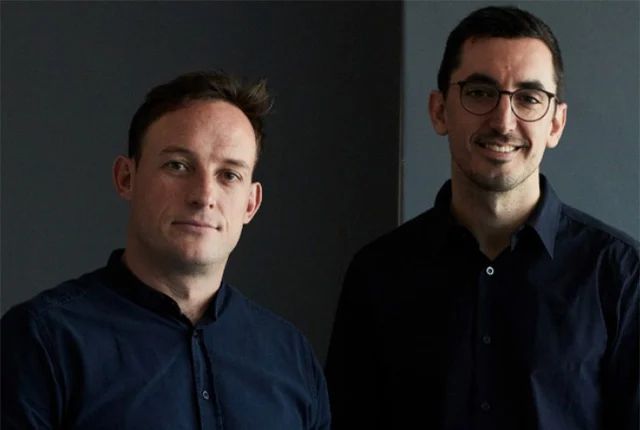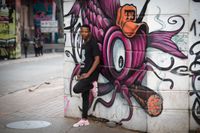
With South Africa’s unemployment rate reaching record highs, the only way for the country to succeed over the long-term is though entrepreneurship.
When entrepreneurs launch successful businesses, they create jobs that empower workers economically. Unfortunately, while social grants may help the disadvantaged to a limited extent, they aren’t as helpful as fulltime employment opportunities, nor do they provide the dignity of steady employment. Although many politicians want South Africans to believe that they need the government, the truth is that our people have enough resilience and talent to succeed without their annoying interference. Here are five South Africans who prove that building a successful empire is indeed possible, through hard-work, merit and dedication.
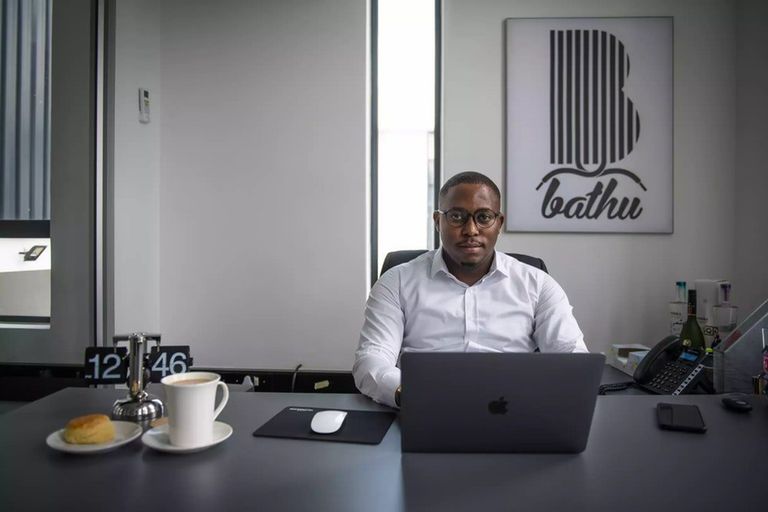
Photo of Theo Baloyi. Image source available here.
Bathu is a South African footwear brand and was founded in 2016 by Theo Baloyi. He is an accountant by trade and worked in South Africa and the Middle East before launching his business. While working overseas, he realised that there was a gap in the market for an African shoe brand. When he conceptualised his shoe brand, it took over a year for him to find a factory that was willing to manufacture it. The lesson that South Africans can learn is that sometimes when you face adversity, you’re only a few steps away from achieving the breakthrough that’s needed for your business.
2. Luke Jedeikin, Claude Hanan, and Daniel Solomon, founders of Superbalist
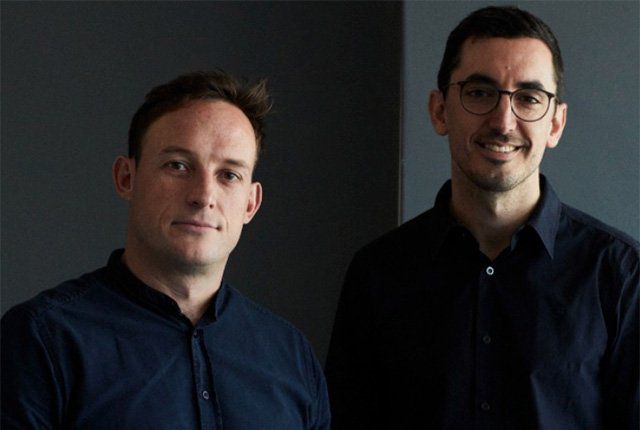
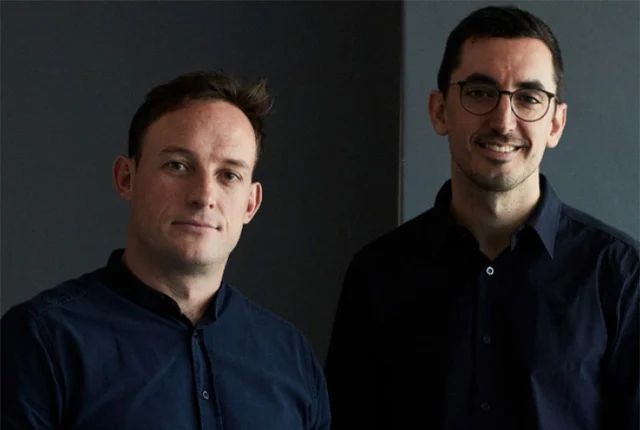 Photo of Claude Hanan and Luke Jedeikin. Image source available here.
Photo of Claude Hanan and Luke Jedeikin. Image source available here.
Superbalist was founded in 2011 as a company named “CityMob”; this business focused on high quality deals for consumers. In 2013, the company rebranded as “Superbalist.com”. Today the brand is a leading e-commerce giant in the South African market. Through consistent growth, the company managed to grow from being a self-funded, small-scale start-up to where it is now: a company that employs over a hundred people and is now owned by Takealot.com. Launching a successful e-commerce brand in a country like South Africa is challenging, but what South Africa’s future entrepreneurs can learn is that in order for a business to succeed, innovation is vital.
3. Relebohile Moeng, founder of Afri-Berry
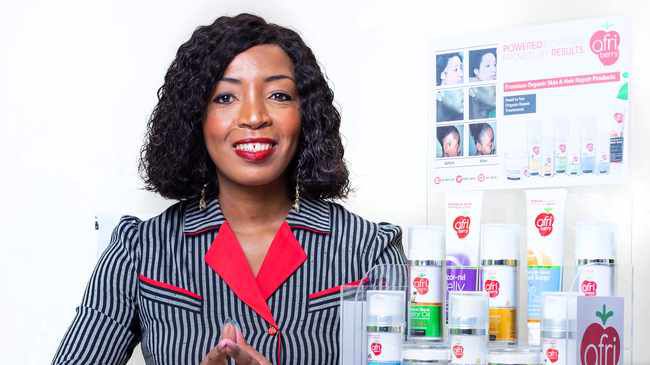
Photo of Relebohile Moeng. Image source available here.
Afri-Berry is a South African brand that connects consumers to vegan skincare products. This business was founded in 2011 by a woman named Relebohile Moeng. What’s inspiring about her story is that her business started after she was retrenched from her previous job and involved in a life-threatening car accident. Today, Afri-Berry products are listed in some of South Africa’s major retailing stores, such Pick ‘n Pay, Clicks, and Checkers Hyper. South Africa’s economy might be suffering from the effects of poor policies on the part of the government, but Relebohile’s story should give us the motivation that’s needed to weather the storm at the moment.
4. Anat Apter, founder of Anat
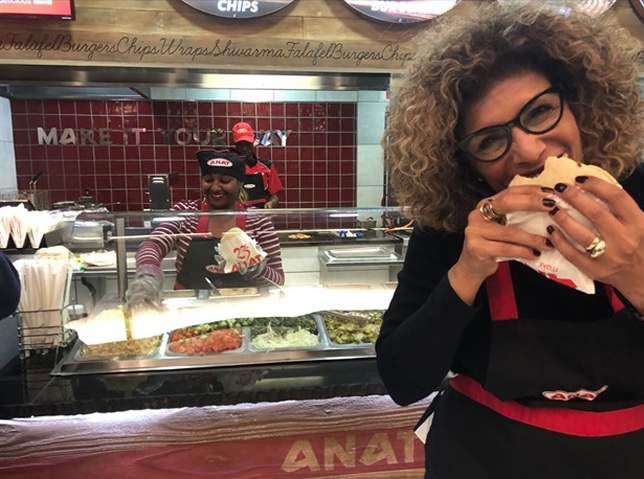
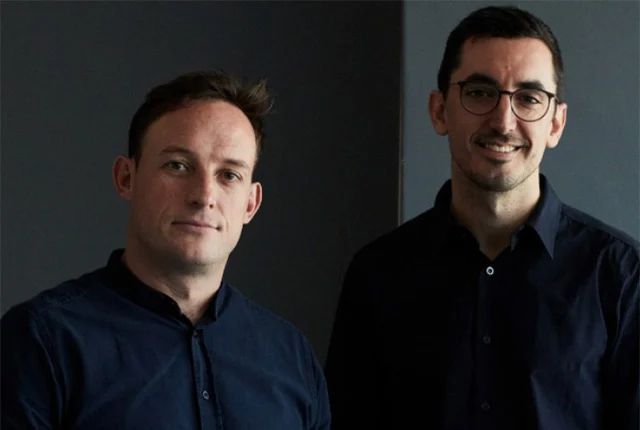 Photo of Anat Apter. Image source available here.
Photo of Anat Apter. Image source available here.
Anat Apter began her business with a R600 investment into a food trailer. Her business originally focused on selling falafels, but as it grew she started selling schwarmas. The business became so successful, she later opened a shop at nearby market. Eventually, her franchising ambitions experienced success; Anat grew to having 26 stores around the entire country. What this shows is that a successful business does not necessarily need a huge capital investment; individuals can start small and expand according to the demand for their products.
5. Carmen Stevens, founder of Carmen Stevens Wines
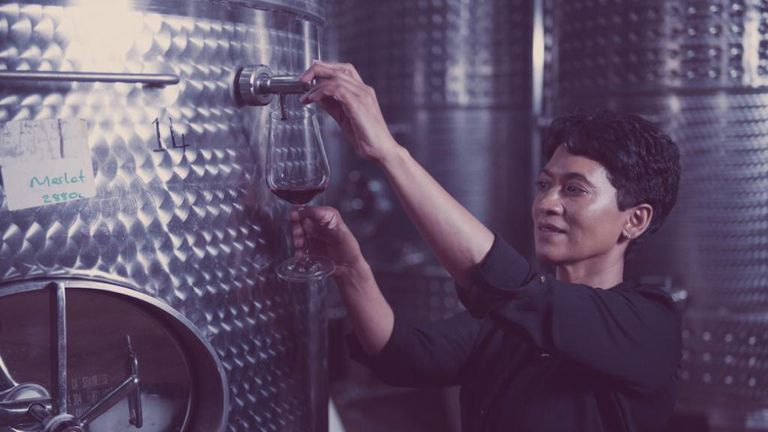
Photo of Carmen Stevens. Image source available here.
Carmen Stevens is an entrepreneur who worked in the wine industry for a decade. After working hard to build her career, she decided that it was time to start her own business. Through the support of venture capitalists, she launched her own wine brand, which has been imported from countries such as the United States and the United Kingdom. She hails from the Cape Flats, a previously disadvantaged area in Cape Town. Her success inspires South Africans to believe that even if one hails from a background where resources are limited, there are still opportunities to attain your vision.
South Africa has talented people who are passionate about their country. These individuals come from different communities and have interesting life stories. Through an openness to taking risks, they have built successful businesses. This is what South Africa needs at the moment; for its leaders to come forward to contribute to growing the economy through the creation of small businesses. It is possible for our country to achieve development without the state. This is something that has demonstrated through the exemplary leadership of the entrepreneurs in this article.
Cover photo featuring model wearing Bathu sneakers. Image source available here
---
Join thousands of Freedom FANatics by following us on Facebook, Twitter or Instagram.
If you enjoyed this content, sign up for the FAN newsletter – A round-up of all our podcasts and articles as well our Quote Card of the Week, delivered to your inbox every Friday.
